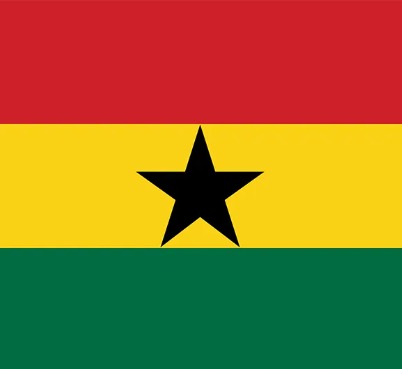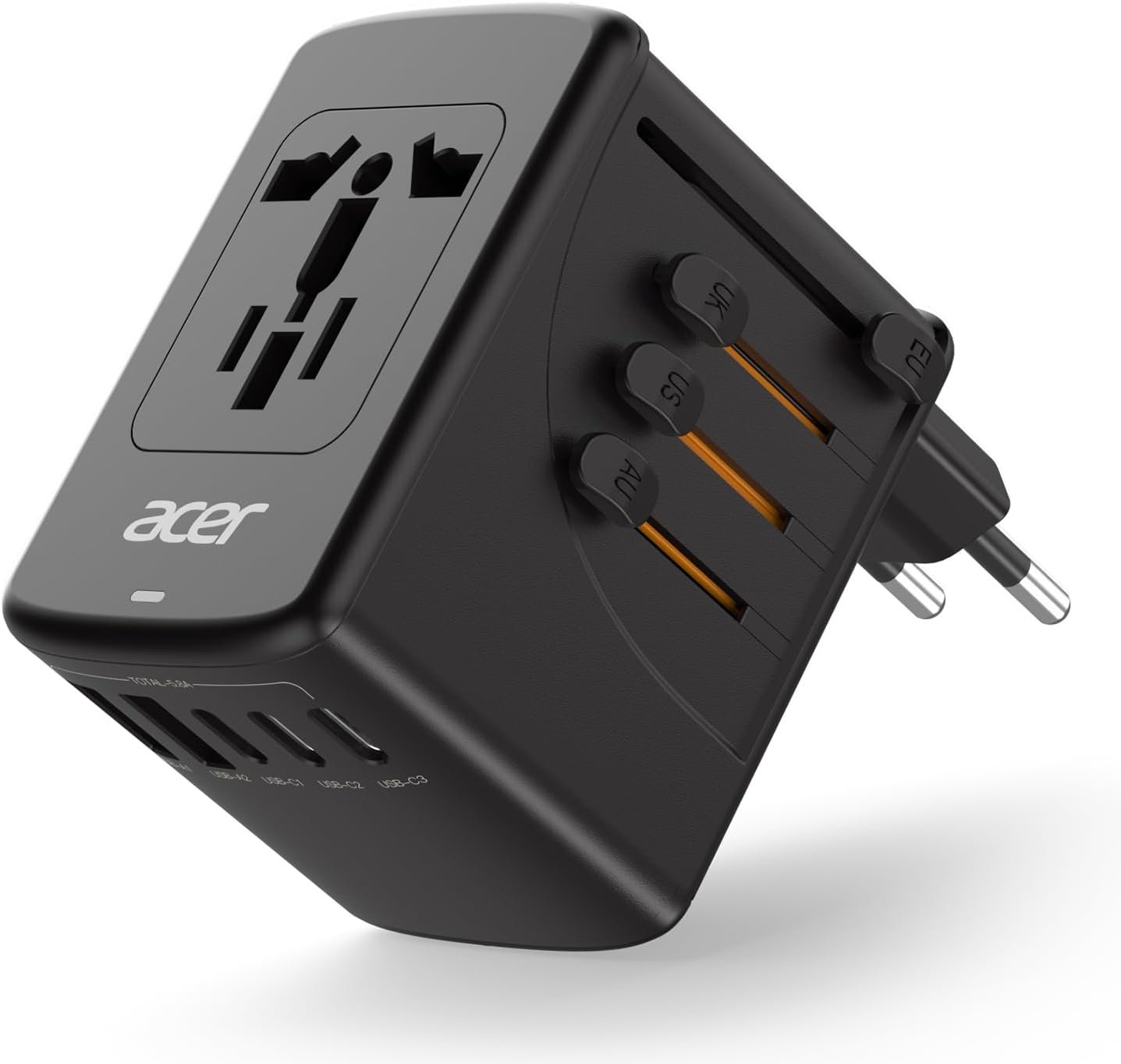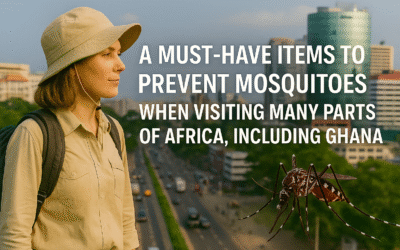As the digital nomad lifestyle gains global momentum, Ghana is quickly becoming one of West Africa’s most attractive destinations for remote workers. With its welcoming culture, English-speaking environment, growing tech infrastructure, and affordable cost of living, Ghana is more than just a travel hotspot—it’s a smart choice for digital nomads seeking both productivity and adventure.
If you’re considering working remotely from Africa, this guide will walk you through everything you need to know to thrive in Ghana.
Why Ghana is Perfect for Digital Nomads
Ghana offers a rare mix of stability, modern infrastructure, and rich cultural heritage. Whether you’re an entrepreneur, freelancer, or remote employee, Ghana’s growing ecosystem supports remote work while offering experiences that go far beyond your laptop screen.
1. Visa Requirements & Long-Term Stay Options
Ghana is making strides to welcome remote professionals, though it doesn’t yet offer a dedicated “digital nomad visa.” Here’s what you need to know:
- Tourist Visa: Most travelers need a visa to enter Ghana. Tourist visas are typically valid for up to 90 days and can be extended at the Ghana Immigration Service offices.
- Resident/Work Permits: If you’re looking to stay long-term, consider applying for a resident permit or exploring partnerships with local startups or NGOs.
- Regional Access: As a member of ECOWAS, Ghana allows free movement for citizens of West African countries, which may benefit some nomads.
Pro tip: Engage a local legal or travel consultant to ensure smooth visa processing and compliance.
2. Connectivity: Internet Speed & Reliability
A crucial aspect for any digital nomad is a fast and stable internet connection and Ghana delivers, especially in urban areas.
- Average Internet Speed: Fiber internet in cities like Accra and Kumasi can reach speeds of 25–100 Mbps.
- Mobile Data: MTN, Vodafone, and AirtelTigo provide affordable and fast 4G mobile internet. MTN offers mobile routers (MiFi) ideal for nomads.
- Wi-Fi Availability: Most cafes, hotels, and coworking spaces in Accra and Cape Coast offer reliable Wi-Fi. However, always test the speed before committing to accommodation.
- Starlink internet is also available in some part of Accra.
3. Cost of Living in Ghana
Compared to Europe and North America, Ghana offers a relatively low cost of living, especially outside the capital. Here’s a rough comparison:
| Expense | Accra (USD) | Cape Coast (USD) |
|---|---|---|
| 1-bedroom Apartment | $400–$900/month | $200–$500/month |
| Coworking Space | $100–$200/month | $60–$100/month |
| Monthly Mobile Data Plan | $20–$45 | $10–$25 |
| Local Meals | $2.50–$5 per meal | $1–$3 per meal |
| Ride-hailing (short trip) | $1.50–$5 | $1–$3 |
Note: Prices vary depending on location and lifestyle.
4. Best Cities & Towns for Digital Nomads
- Accra – The capital is ideal for those who want city life, business networking, international cuisine, and modern amenities.
- Cape Coast – A historic and laid-back coastal town with a slower pace of life. Ideal for creatives, writers, and those who value a cultural vibe.
- Kumasi – The cultural heart of Ghana with growing infrastructure and more affordable living than Accra.
- Ada or Kokrobite – For beach lovers who want to escape city noise without sacrificing internet access.
5. Coworking Spaces & Digital Communities
Ghana’s coworking culture is thriving, especially in Accra. Here are a few recommended spots:
- Impact Hub Accra – A hub for startups, techies, and creatives.
- Workshed Africa (Tema) – Ideal for freelancers and design professionals.
- Basecamp Initiative (Spintex) – Known for its art-forward coworking and workshops.
- iSpace Foundation – Focuses on empowering tech and startup communities.
Digital Nomad & Expat Groups:
Facebook, Meetup, and WhatsApp groups for expats and remote workers are great for finding like-minded people and attending local events.
6. Balancing Work & Exploring Ghana
Work-life balance is easy to achieve in Ghana. Here’s how to make the most of your stay:
- Take short trips to Kakum National Park, Lake Volta, Wli Waterfalls, or the Cape Coast Castle.
- Join cultural events like Chale Wote Street Art Festival or Homowo.
- Try local dishes such as jollof rice, fufu, and kelewele.
- Learn a bit of Twi or Ga, even basic greetings go a long way.
Many nomads set up a flexible routine—work in the mornings, explore in the afternoons, and immerse in local life during weekends.
Ghana isn’t just a travel destination—it’s a launching pad for creativity, collaboration, and remote productivity. Whether you’re staying for a month or several, the warm hospitality, rich history, and affordable lifestyle make Ghana a worthy home base for digital nomads.
As the world leans more into remote work, Ghana stands out as a rising star in Africa’s digital nomad scene. Get ahead of the trend—come work, live, and thrive in Ghana.











0 Comments